Latest NRAO News
News is managed by NRAO News & Public Information. Questions about News? Have a story to share? Want to interview a scientist or create new media about our telescopes?
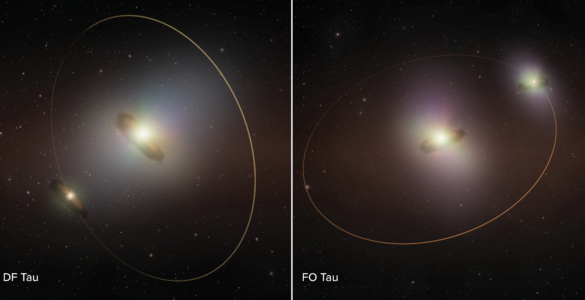
At the 244th meeting of the American Astronomical Society (AAS), researchers unveiled groundbreaking findings from a pioneering high-angular resolution program that sheds new light on the process of planet formation in circumstellar disks around young stars in binary systems. Leveraging the unparalleled capabilities of the Atacama Large Millimeter/submillimeter Array (ALMA) and near-infrared, component-resolved spectroscopy at the Keck II 10-meter telescope, the study offers a transformative understanding of the conditions that nurture or inhibit planet formation.
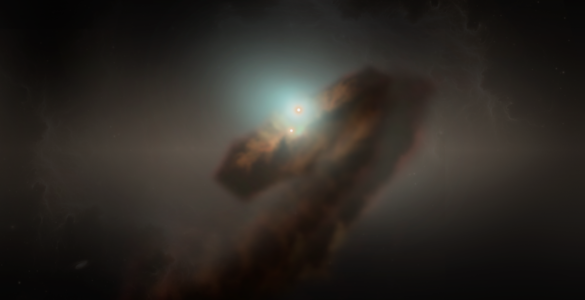
An unusual group of stars in the Orion constellation have revealed their secrets. FU Orionis, a double star system, first caught astronomers’ attention in 1936 when the central star suddenly became 1,000 times brighter than usual. This behavior, expected from dying stars, had never been seen in a young star like FU Orionis. The strange phenomenon inspired a new classification of stars sharing the same name (FUor stars). FUor stars flare suddenly, erupting in brightness, before dimming again many years later. It is now understood that this brightening is due to the stars taking in energy from their surroundings via gravitational accretion, the main force that shapes stars and planets. However, how and why this happens remained a mystery—until now, thanks to astronomers using the Atacama Large Millimeter/submillimeter Array (ALMA).
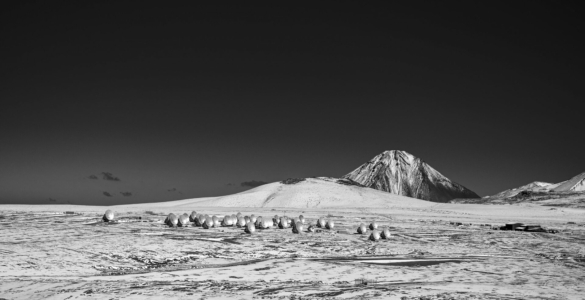
The Atacama Large Millimeter/submillimeter Array (ALMA), renowned for observing the cosmos’s darkest and most distant corners, has taken a…
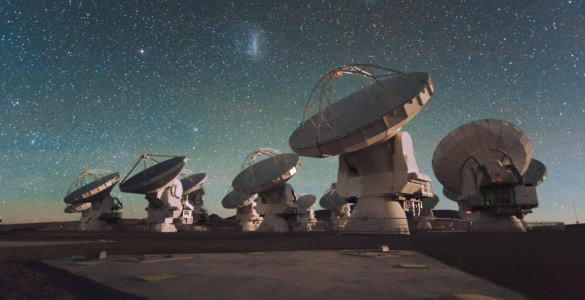
Jupiter’s moon Io is the most volcanically active place in the solar system. During its 1.8-day orbit, this moon…
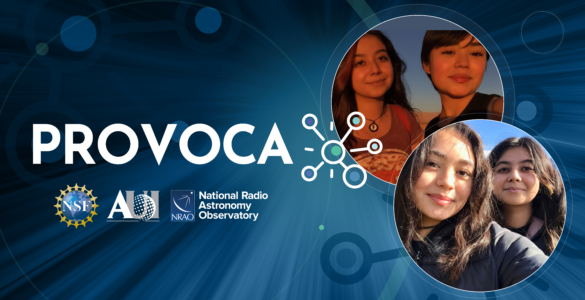
The U.S. National Science Foundation National Radio Astronomy Observatory (NSF NRAO) and Associated Universities, Inc. (AUI) are proud to celebrate the remarkable achievements of two local students, Iris and Camila, as they embark on their journeys into STEM (Science, Technology, Engineering, and Mathematics) careers.
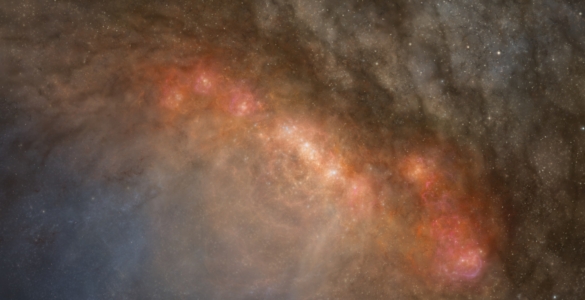
Astronomers have discovered the secrets of a starburst galaxy producing new stars at a rate much faster than our…
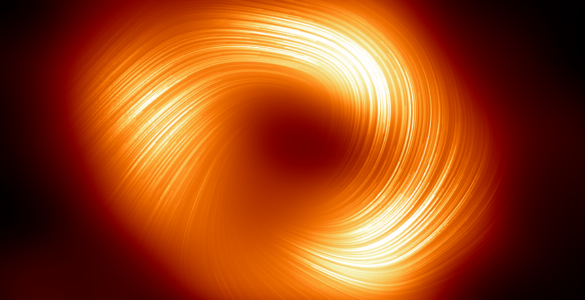
The Event Horizon Telescope (EHT) collaboration has observed spirals of light escaping from the edge of the supermassive black…
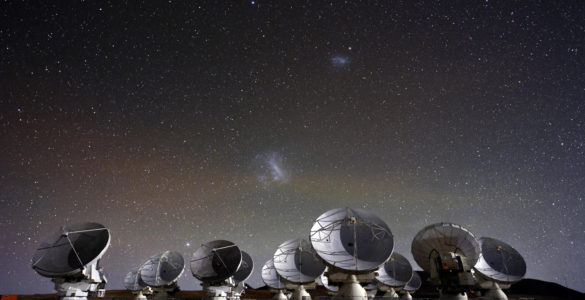
The Atacama Large Millimeter/submillimeter Array (ALMA) has just received a “heart transplant,” high in the Atacama Desert in Northern Chile. ALMA, the most complex astronomical observatory ever built on Earth, installed a new hydrogen maser. Funded by the National Radio Astronomy Observatory (NRAO), this upgrade marks an essential investment, setting a new standard in reliability for observations.
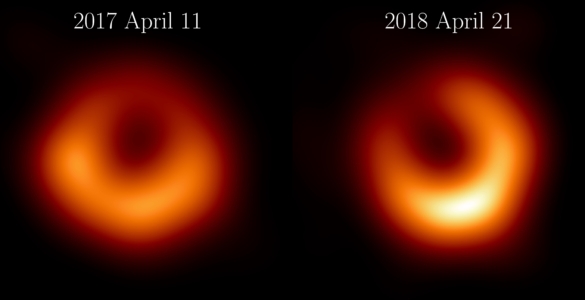
The Event Horizon Telescope (EHT) Collaboration has released new images of supermassive black hole M87*. A recent paper published in the journal Astronomy & Astrophysics presents new images from data collected by the Atacama Large Millimeter/submillimeter Array (ALMA) and several other instruments within the EHT. These new images show a bright ring surrounding a deep central depression, “the shadow of the black hole,” as predicted by general relativity. Excitingly, the brightness peak of the ring has shifted by about 30º compared to the first images, which is consistent with scientists’ theoretical understanding of variability from turbulent material around black holes.
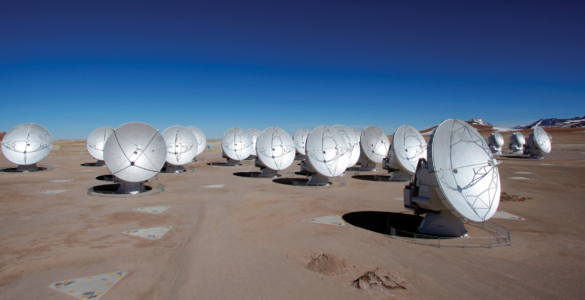
An international team of astronomers have found ring and spiral structures in very young planetary disks, demonstrating that planet formation may begin much earlier than once thought. The results were presented today at the 243rd Meeting of the American Astronomical Society.





